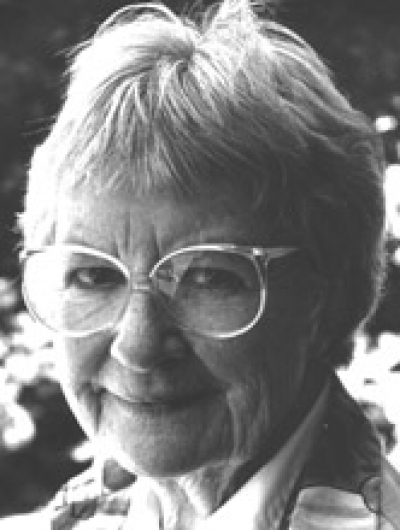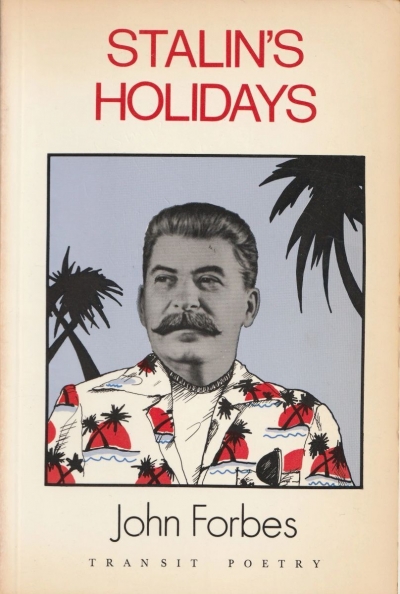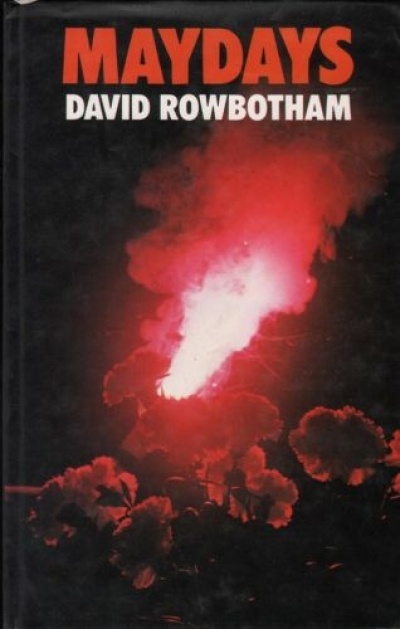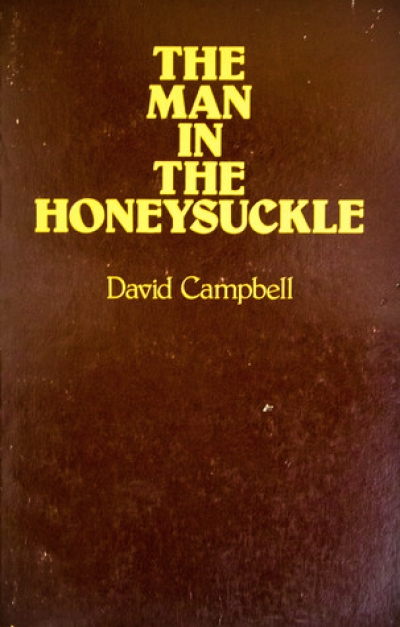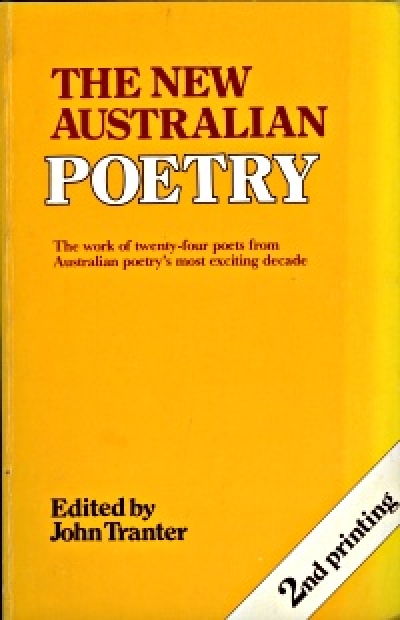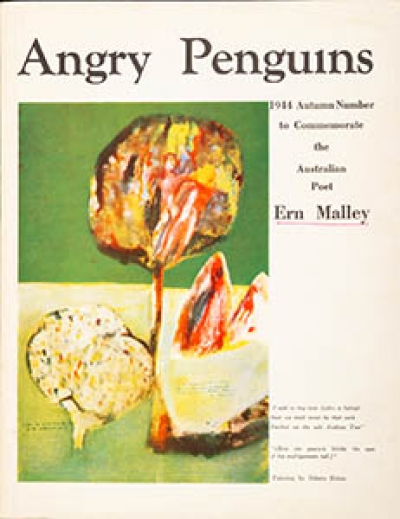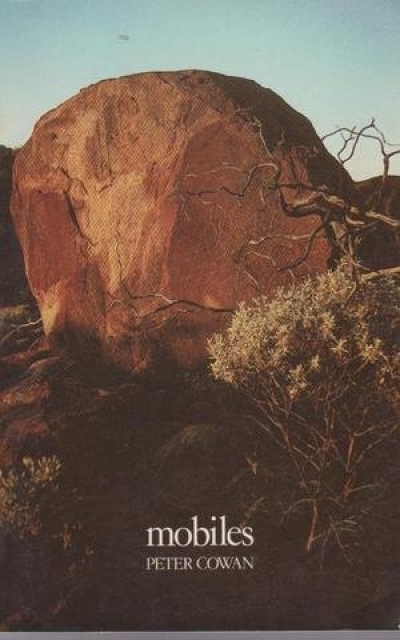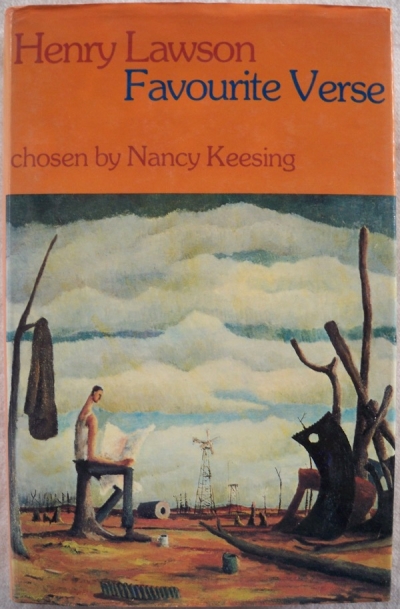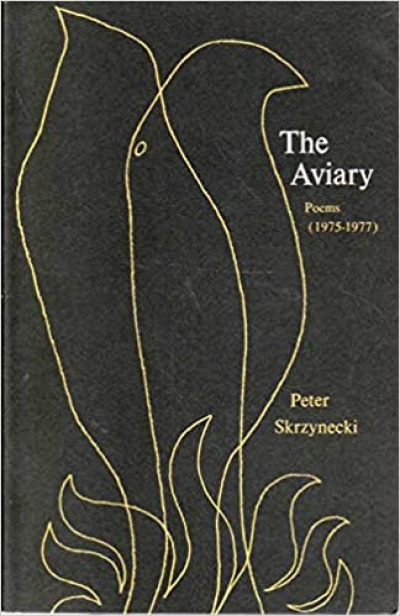Australian Poetry
Stalin’s Holidays by John Forbes & The Division of Anger by Gig Ryan
by R.A. Simpson •
Angry Penguins edited by Max Harris and John Reed & Poetic Gems by Max Harris
by John McLaren •
Henry Lawson: Favourite verse edited by Nancy Keesing, illustrated by Walter Stackpool
by Clement Semmler •
Judith Rodriguez reviews 'Musings' by Anthony Turner, 'Under the Weather' by Laurie Duggan, 'Knabel' by Vicki Viidikas, 'A Photo of Some People in a Football Stadium' by Eric Beach, and 'Invitation to a Marxist Lesbian Party' by Lee Cataldi
by Judith Rodriguez •
Every book of poems is to some degree a selection, unless it’s a record of work and gets down among discarded drafts. Anthony Turner’s unpromisingly-titled first book (Musings: A collection of poems, 1965-1977, Hawthorn Press, $4.50 pb, 74 pp) needs so much more editing that it was an unwise venture into covers.
... (read more)
